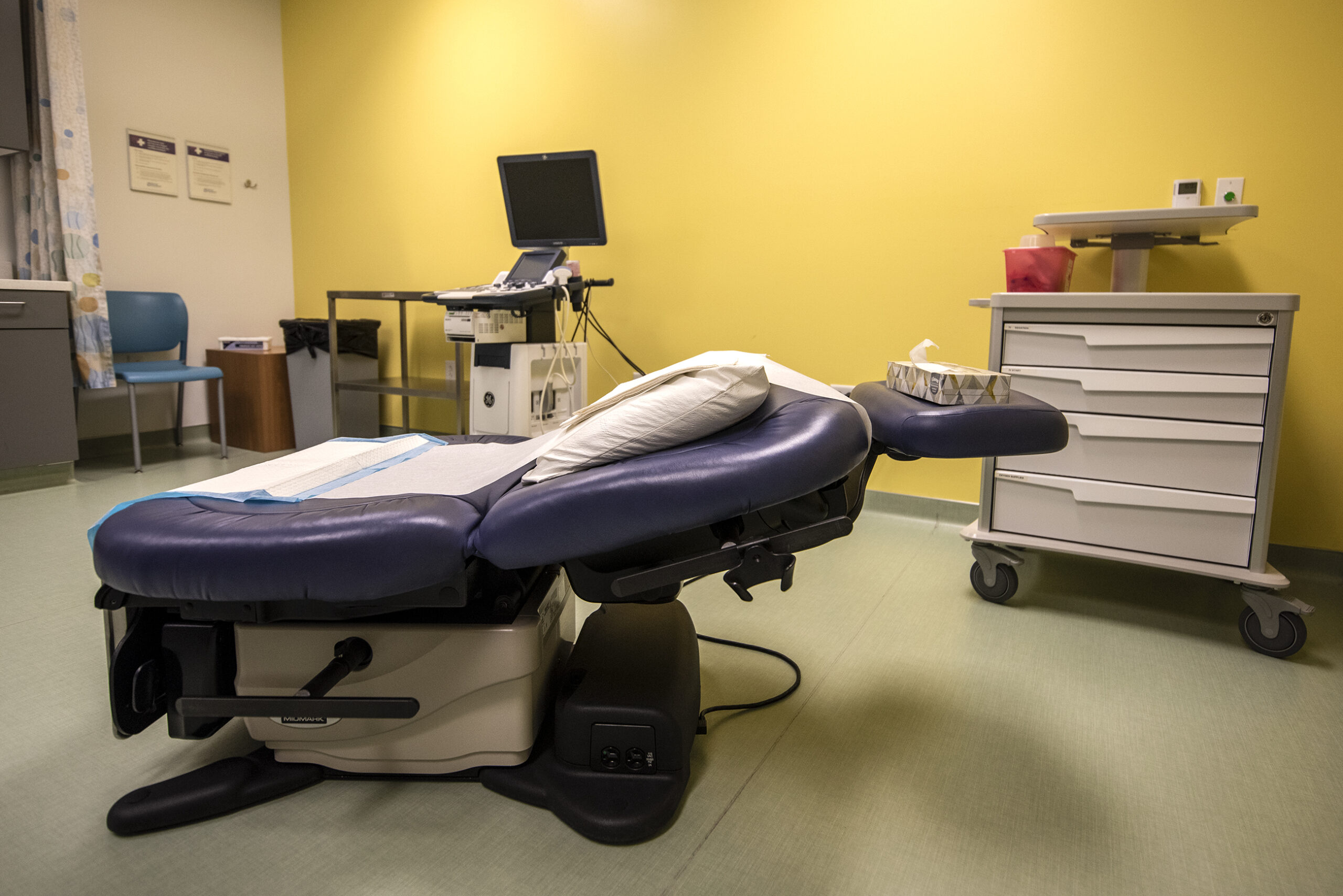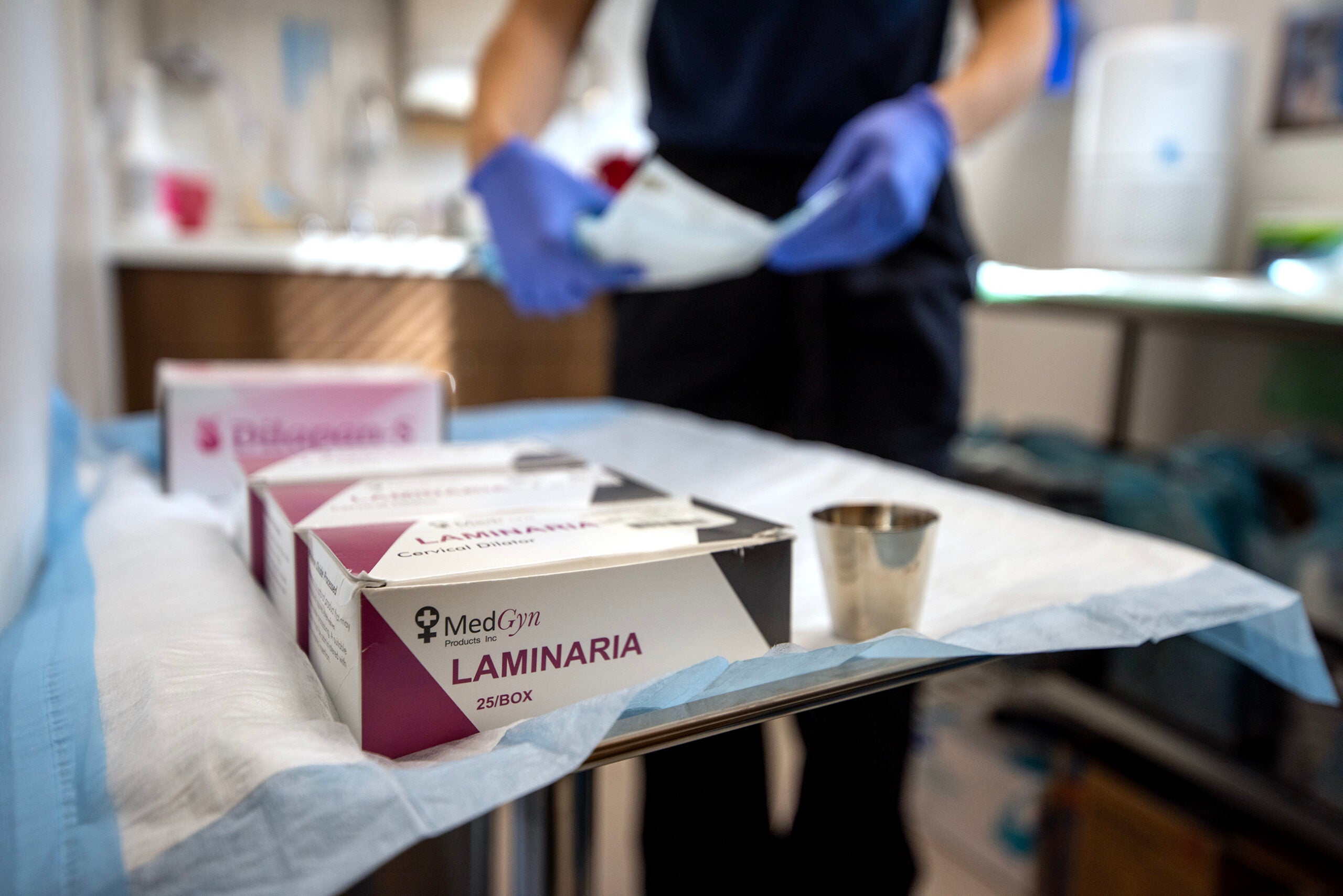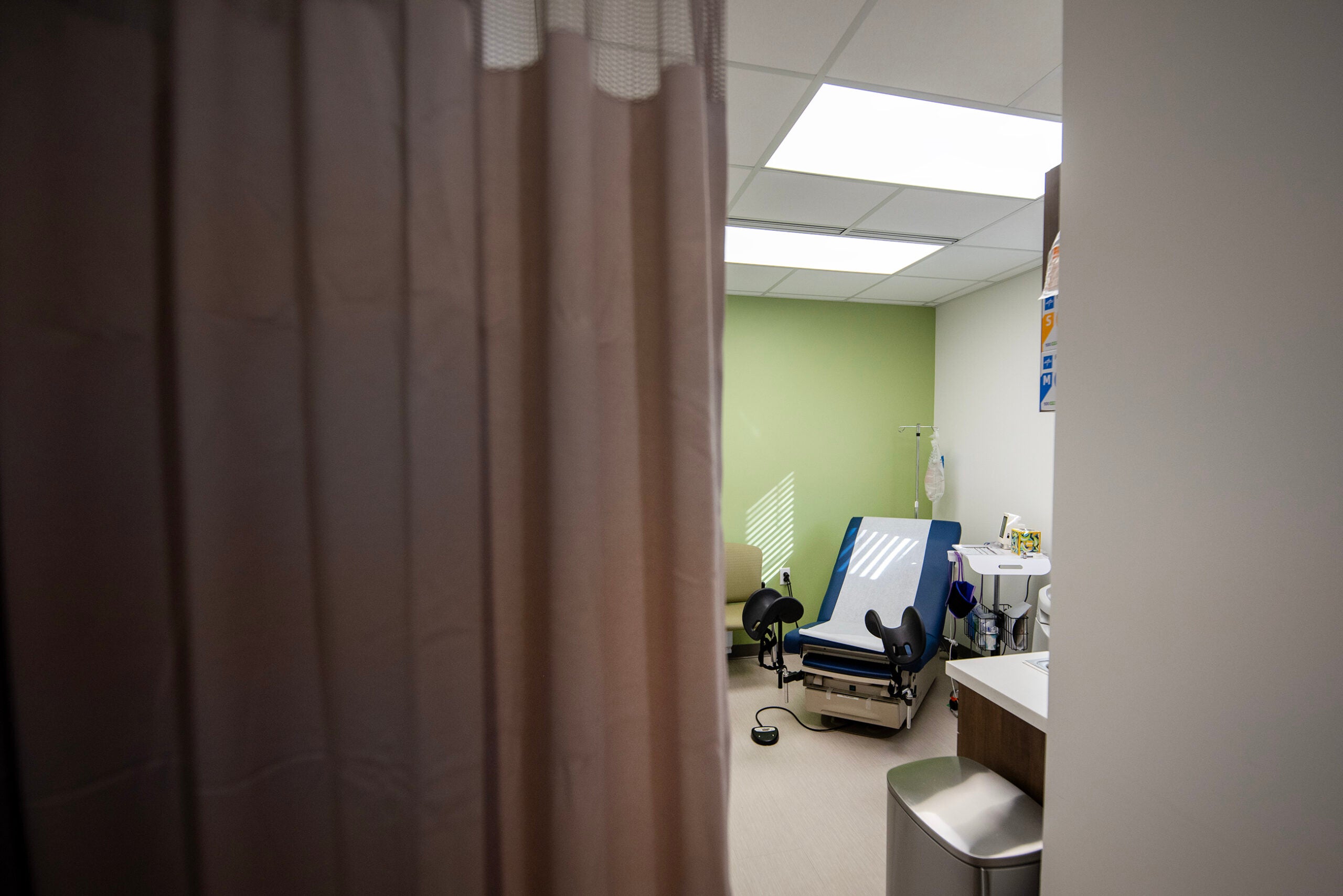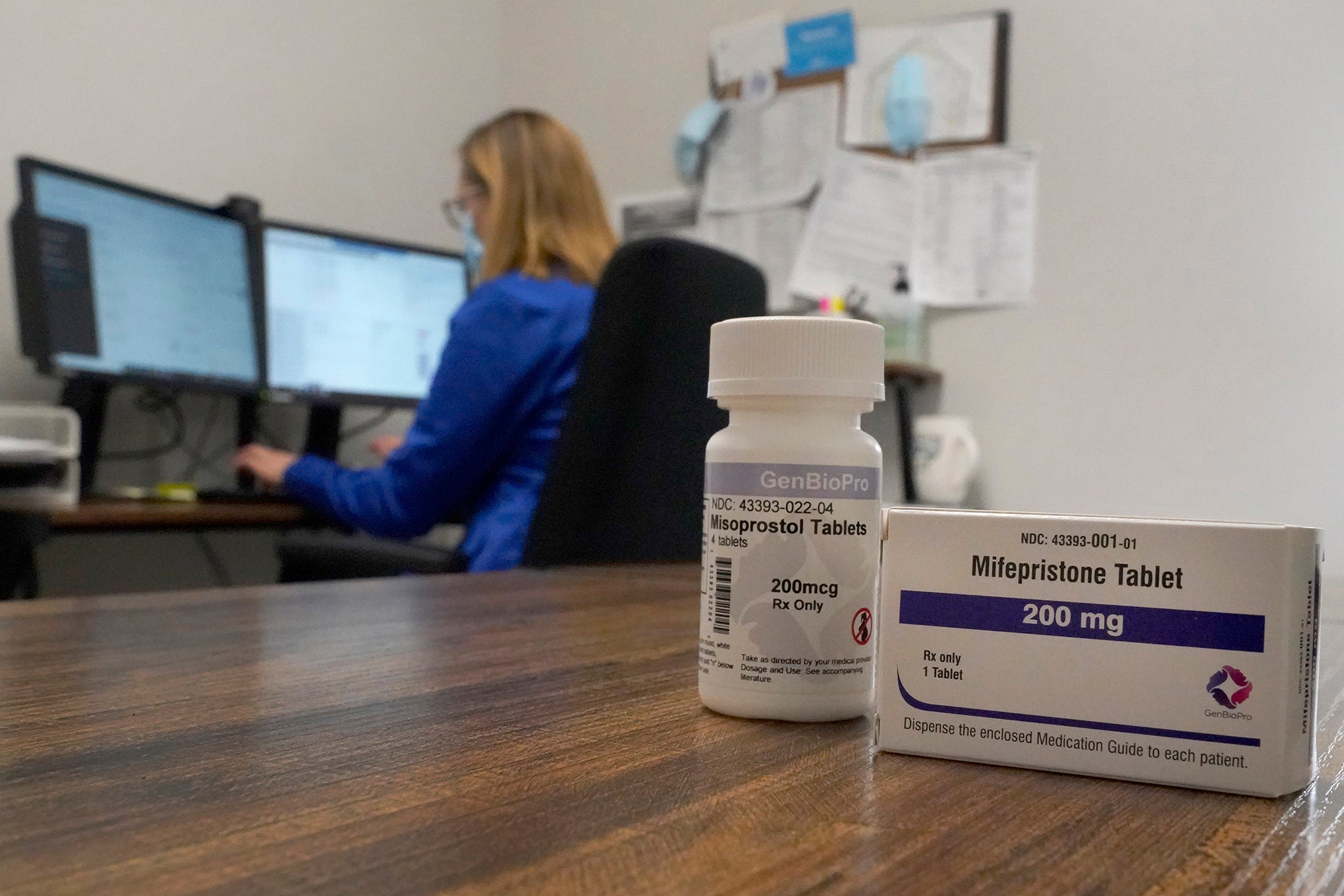When the United States Supreme Court overturned Roe v. Wade last year, abortion providers in Wisconsin immediately ceased all abortion services, citing a state law first enacted in 1849.
In September, Planned Parenthood of Wisconsin resumed abortion services after a Dane County judge ruled that the pre-Civil War law governs feticide rather than consensual abortion. The same judge issued a final judgment in the case on Tuesday, reaffirming that interpretation.
Although the decision was widely viewed as a victory for abortion rights supporters in the state, experts say a number of limits on abortion remain on the books in Wisconsin.
News with a little more humanity
WPR’s “Wisconsin Today” newsletter keeps you connected to the state you love without feeling overwhelmed. No paywall. No agenda. No corporate filter.
“There are many restrictions, where Wisconsin goes is back to where it was in June 2022, before the Dobbs decision,” said Amy Williamson, associate director of the Collaborative for Reproductive Equity at the University of Wisconsin-Madison.
Planned Parenthood of Wisconsin, currently the state’s only abortion provider, said it has been and will continue to abide by the existing restrictions.
Existing abortion restrictions include 20-week ban, mandatory ultrasound
A number of the state’s existing abortion restrictions were enacted under Republican former Gov. Scott Walker, including a ban on abortions from 20 weeks “postfertilization,” or 22 weeks after the last menstrual period.
Wisconsin law also requires abortion seekers to wait at least 24 hours after their first visit with a physician before receiving the procedure or medication itself.
“That means you have to have at least two visits to the doctor to have an abortion,” Williamson said.
Doctors are required to meet with patients for an in-person counseling session, and must physically give the person seeking an abortion printed materials that include images and descriptions of fetal development. Patients are also required to undergo a mandatory ultrasound, which Williamson said is not typical in early pregnancy.
In a statement at the signing of the law in 2013, Walker said it “improves a woman’s ability to make an informed choice that will protect her physical and mental health now and in the future.”
Wisconsin state statutes also include restrictions specific to medication abortion. While some states allow abortion-inducing medications to be prescribed via telehealth, such practices are banned in Wisconsin. The same doctor must be present for the preliminary appointment and actually provide the medication 24 hours later. State law also requires the physician to be physically present in the room while the drug is given.

State law restricts insurance coverage of abortion
Before the Dobbs decision, Wisconsin law restricted some insurance coverage of abortion services, and those restrictions also remain in place.
State Medicaid funds are prohibited from covering abortion services in virtually all cases. Public employees cannot use their state health care plans to pay for abortions. And health plans offered through a Wisconsin health benefit exchange established under the Affordable Care Act also cannot cover abortion services.
All told, these restrictions have a greater effect on lower-income people, Williamson said.
“It’s a wedge that’s expanding existing inequities and health and financial well-being,” she said.
CORE estimates that first-trimester abortion services can cost between $500 and $1000, not including transportation, child care or loss of wages.
Clinic location can be a barrier
Even before Roe was overturned, there were just four abortion clinics operating in the state. Two of them, run by Planned Parenthood of Wisconsin, resumed abortion services in September. In a Wednesday statement, Planned Parenthood said it intends to resume medication abortions at its Sheboygan clinic “as soon as possible.” The fourth clinic, Affiliated Medical Services in Milwaukee, has not resumed abortions.
For Wisconsinites who don’t live near Madison, Milwaukee or Sheboygan, abortion services were not and still are not available nearby. That has been a barrier to access, Williamson said.
“There’s a large density of our population that have to drive well over an hour’s distance to a clinic,” she said. “That’s a lot of time off and a lot farther to go for care, when if it was another health care issue, you would be going to your local health care provider.”
Michelle Velasquez, chief strategy officer at Planned Parenthood of Wisconsin, said Tuesday’s ruling was a “step in the right direction,” but still hopes to see existing restrictions loosened and services made available in more places.
“We have a long way to go in the state,” she said. “So although we now know that we don’t have a criminal abortion ban, we don’t have any sort of affirmative protection to abortion. And certainly, we have a long way to go when it comes to expanding access.”
A Republican district attorney said Wednesday that he intends to appeal the Dane County ruling.
Wisconsin Public Radio, © Copyright 2025, Board of Regents of the University of Wisconsin System and Wisconsin Educational Communications Board.






